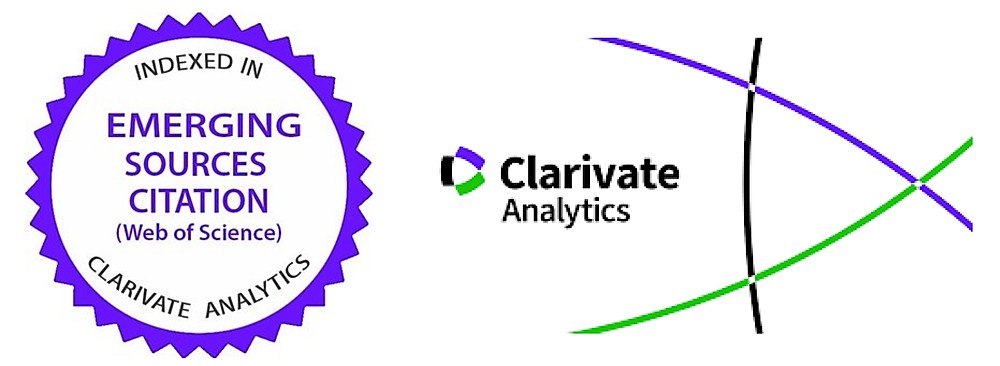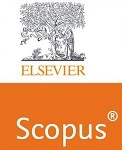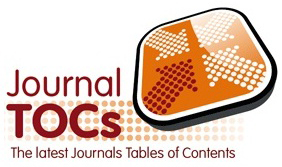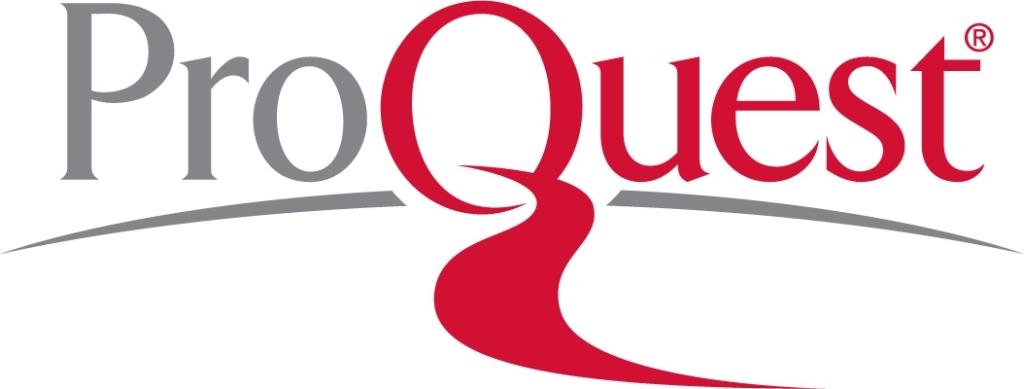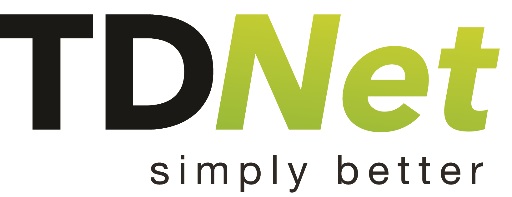Probabilistic Model on Buying Decision of Higher Education Services
Abstract
Buying decisions are determined by two key factors: endogenous factor that belongs to the buyer (which is present at least the attitudinal variable) and exogenous factors such demo-economic, sociological, psychological, marketing mix, linked all more or less by the product or the service offered for purchase and consumption. The study aims to use Rasch's model to express the likelihood that a consumer will make the decision to purchase a higher educational service. Applied to item solving, Rasch probabilistic model, on which the research methodology study is largely supported, states that the probability of success in solving an item depends on two factors. The one belongs to that who solves the item - the human factor, called the latent trait, and the other belongs to the item, called the facility of the item The purchase decision approach using the Rasch model results validity is mainly based on the isometry of the two situations The results of the study describe behavioral probability situations where customers who make university education services purchasing decisions can themselves be found. We recommend the educational marketing strategies based on the analysis made on the applied model, which may increase the students‟ enrolled number in a particular university.

